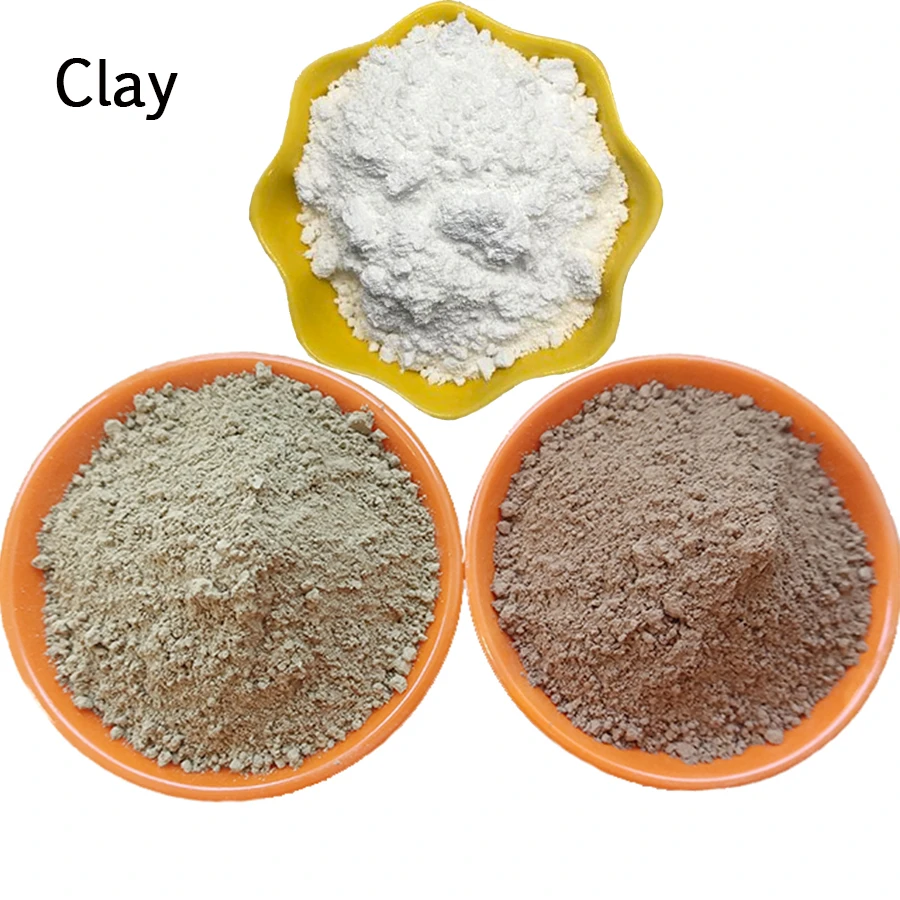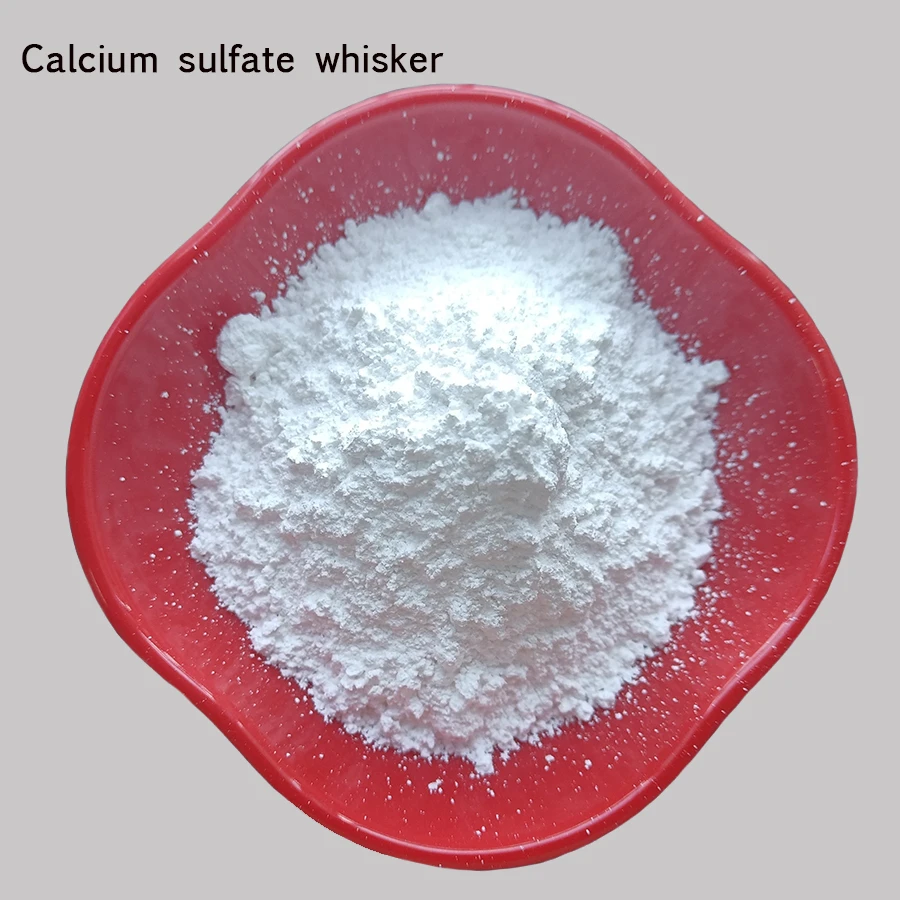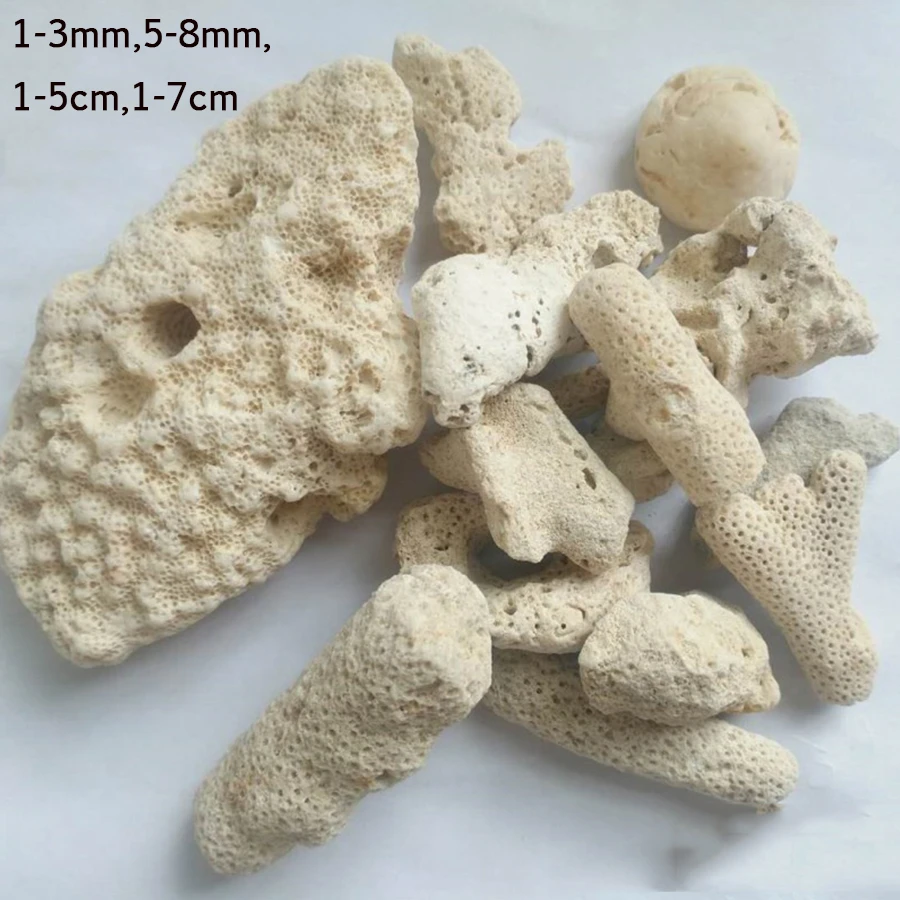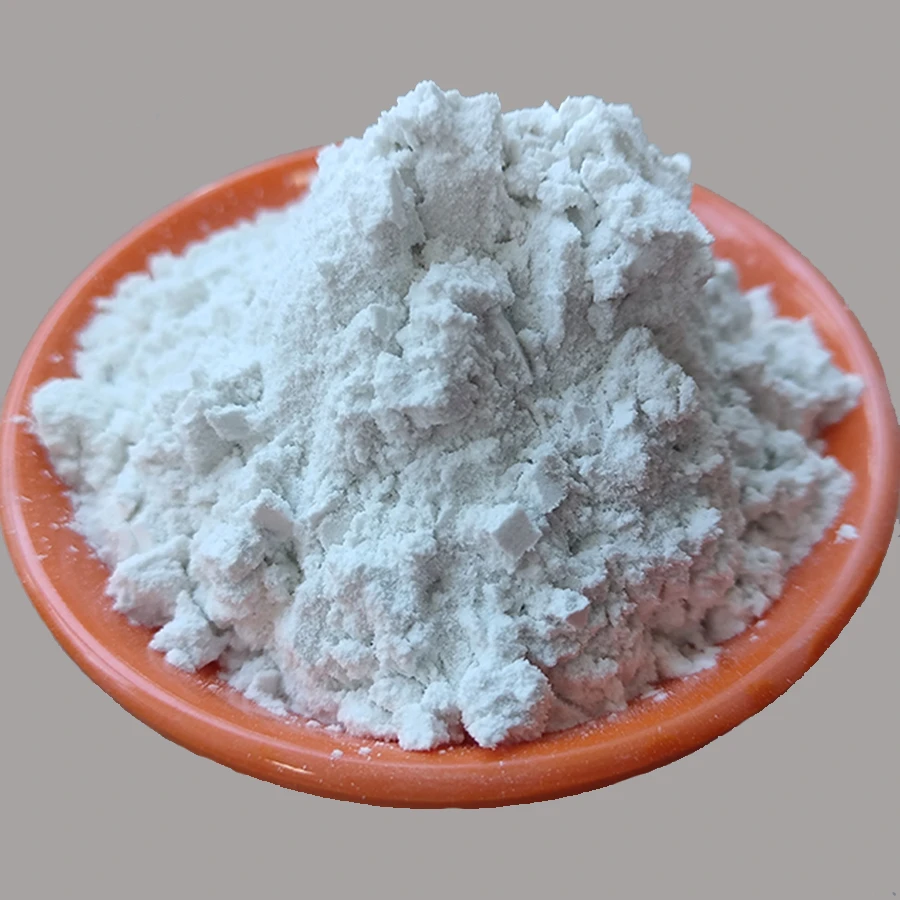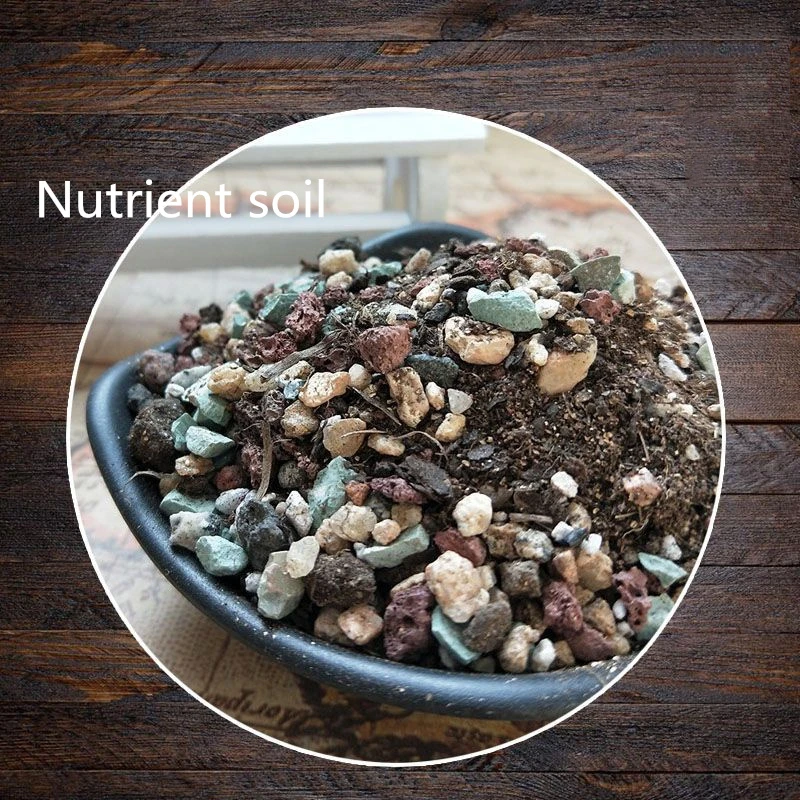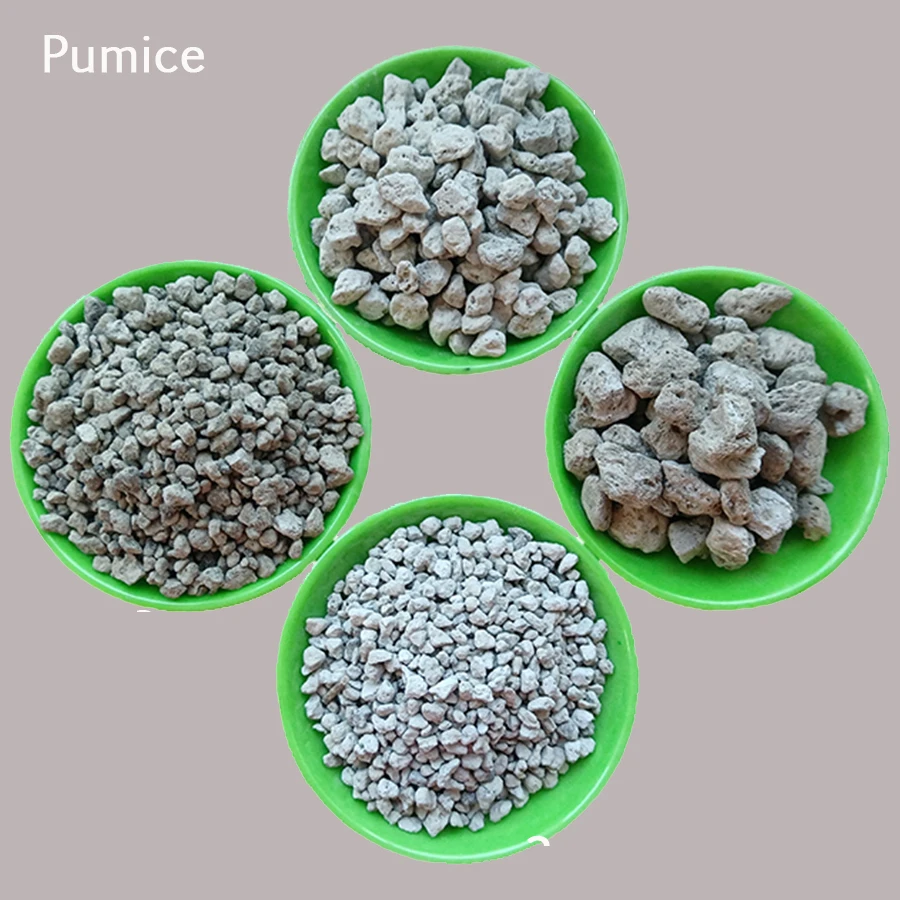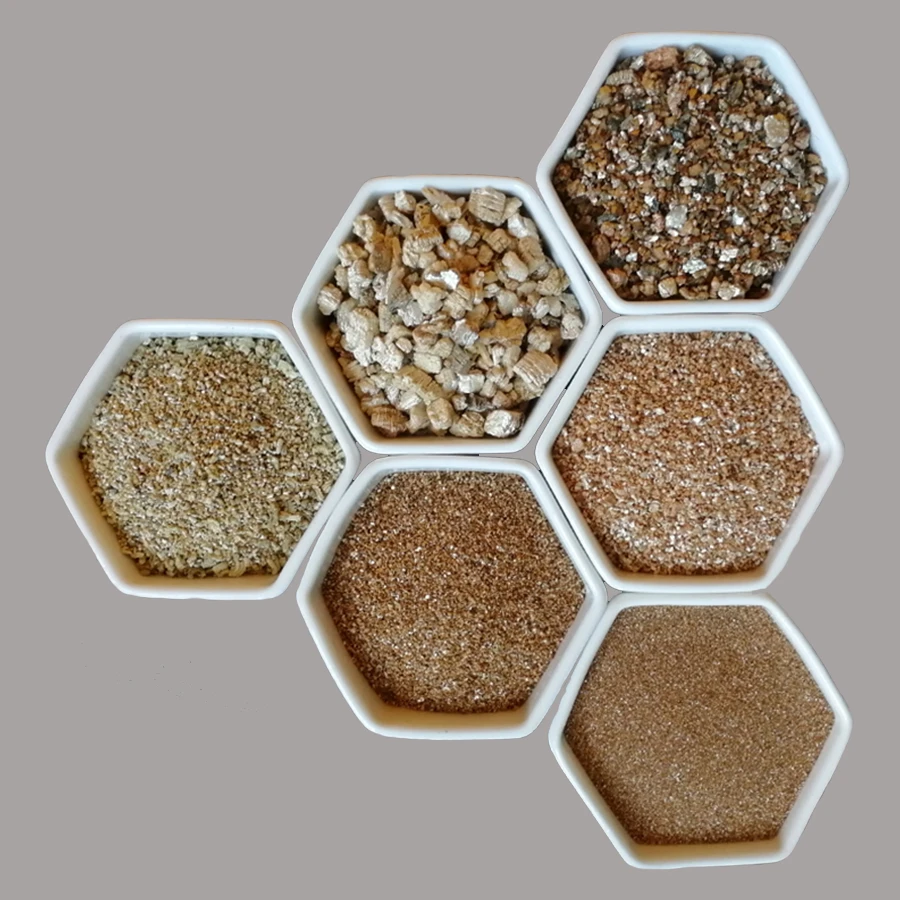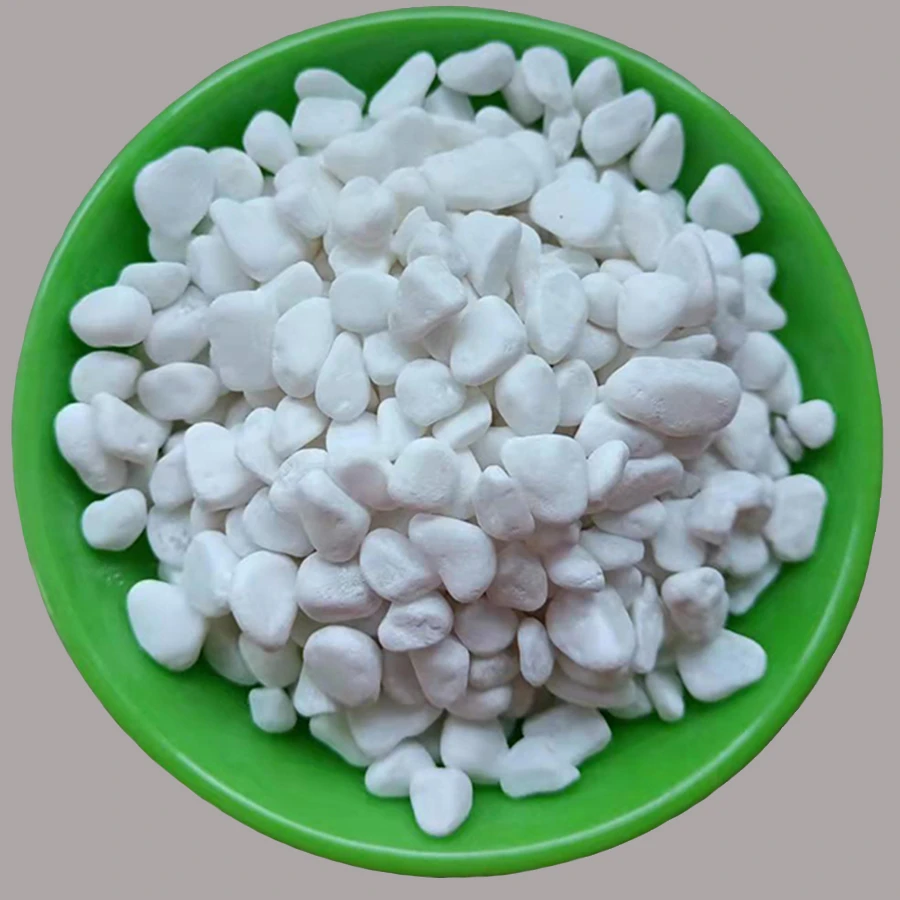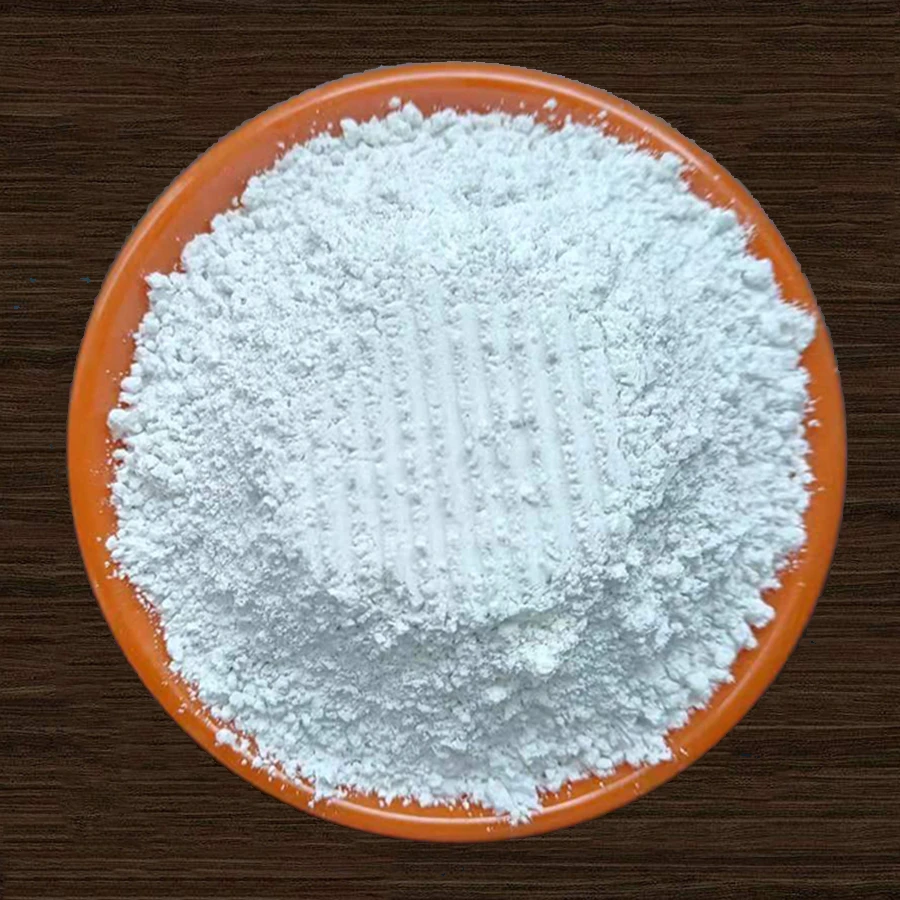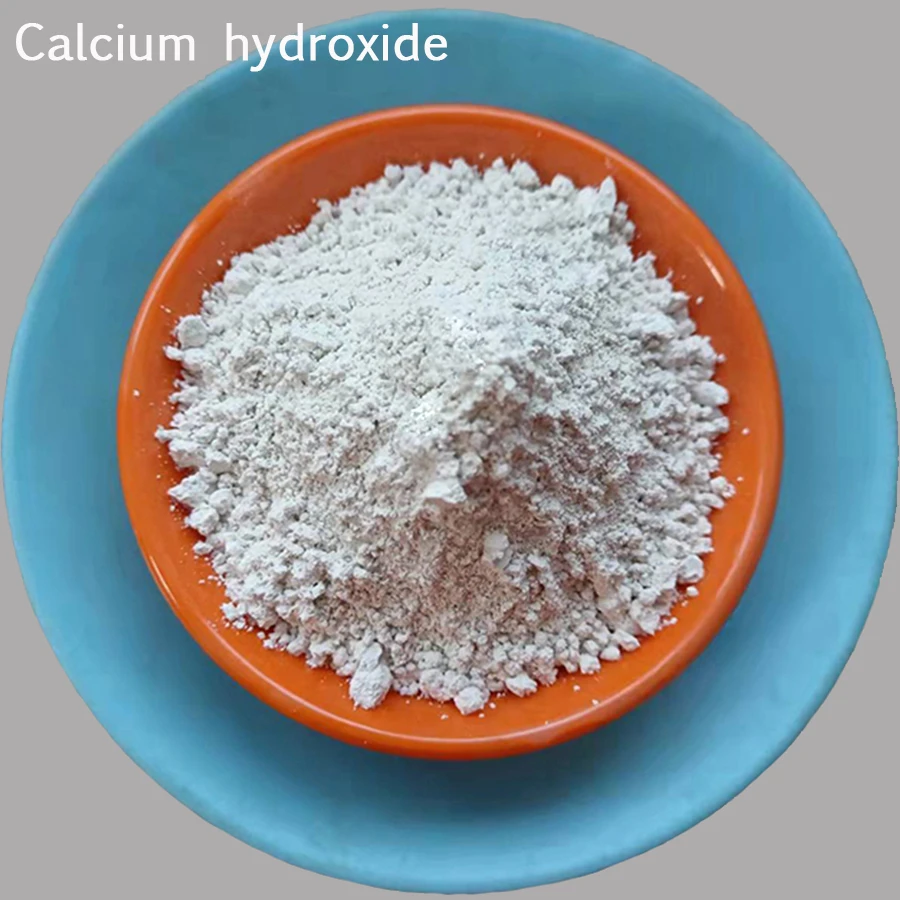
- Afrikaans
- Albanian
- Arabic
- Belarusian
- Bengali
- Czech
- Danish
- Dutch
- English
- Finnish
- French
- Galician
- German
- Greek
- Hebrew
- Hungarian
- Indonesian
- irish
- Italian
- Japanese
- Javanese
- kazakh
- Khmer
- Rwandese
- Korean
- Kyrgyz
- Lao
- Latin
- Latvian
- Lithuanian
- Malay
- Maltese
- Mongolian
- Myanmar
- Norwegian
- Persian
- Polish
- Portuguese
- Romanian
- Russian
- Serbian
- Slovak
- Spanish
- Swedish
- Tagalog
- Thai
- Turkish
- Ukrainian
- Vietnamese
- Welsh
Industry Trends and the Enduring Relevance of Asbestos Wool
In specialized industrial applications, the demand for materials with exceptional thermal, chemical, and fire-resistant properties remains critical. While modern material science continues to innovate, certain legacy materials, due to their unique performance characteristics under extreme conditions, maintain their niche. Asbestos Wool, known for its remarkable insulation and fireproofing capabilities, continues to be specified in highly controlled environments where its specific attributes are indispensable. These applications often include high-temperature gaskets, specialized packing materials, and certain fire-resistant composites within industries like petrochemicals, metallurgy, and power generation. The ongoing trend in these sectors emphasizes not only performance but also strict adherence to safety protocols and regulatory compliance, ensuring that any application of Asbestos Wool is managed with the utmost precision and responsibility.
The market for such specialized industrial materials is driven by the need for longevity, efficiency, and safety in harsh operating conditions. Companies seek robust solutions that can withstand extreme temperatures, corrosive chemicals, and high pressures without degradation. This focus on durability and reliability underscores the continued, albeit highly regulated, role of materials like Asbestos Wool. Our commitment extends to providing not just the material but also comprehensive technical support and guidance on its appropriate and safe integration into your industrial processes, ensuring compliance with all relevant international standards and best practices for material handling and application.
Technical Parameters and Core Properties of Asbestos Wool
Asbestos Wool is highly valued for its superior performance characteristics, particularly its exceptional thermal stability and chemical inertness. Sourced primarily from chrysotile asbestos fibers, which are naturally long, flexible, and strong, the wool is processed to achieve optimal consistency and purity. Its amorphous structure contributes to its low thermal conductivity, making it an excellent insulating material for applications requiring resistance to extreme temperatures. Furthermore, its inherent resistance to most acids, alkalis, and oils ensures durability in corrosive industrial environments, significantly extending the lifespan of components it protects.
Below is a detailed table outlining the typical technical specifications for high-grade Asbestos Wool. These parameters are critical for engineers and procurement specialists to ensure the material meets the stringent demands of their specific applications, from petrochemical refineries to high-temperature metallurgical furnaces.
| Parameter | Value/Description |
|---|---|
| Fiber Type | Chrysotile (White Asbestos) |
| Classification | Grade 5A/6A (based on fiber length and quality) |
| Thermal Conductivity (at 200°C) | Approx. 0.05-0.08 W/(m·K) |
| Maximum Service Temperature | Up to 550°C (1022°F) continuous; higher for short bursts |
| Chemical Resistance | Excellent against acids, alkalis, oils, and solvents (pH range 3-12) |
| Density | Variable, typically 100-200 kg/m³ (depending on compaction) |
| Loss on Ignition (LOI) | Typically 12-15% |
| Fiber Length | Variable, usually long staple fibers for wool applications |

The specific grade of Asbestos Wool is chosen based on the required fiber length, tensile strength, and purity, directly impacting its performance in applications such as insulation blankets, rope, yarn, and woven fabrics. Understanding these technical nuances is paramount for optimal material selection and application, ensuring peak operational efficiency and safety in your industrial processes.
Manufacturing Process and Quality Assurance for Asbestos Wool
The production of high-quality Asbestos Wool involves a meticulously controlled process designed to extract and prepare the fibers while maintaining their structural integrity and purity. The raw material, typically chrysotile ore, undergoes several stages of crushing, drying, and fiberization to separate the asbestos fibers from the host rock. This mechanical process carefully liberates the fibers without damaging their characteristic long, silky strands, which are essential for wool-like properties. Subsequent stages involve aspiration and screening to grade the fibers by length and remove impurities, ensuring a consistent and high-performing product. Unlike processes such as casting or forging, this is a specialized fiber processing technique.
Our manufacturing facilities adhere strictly to international quality management systems, including ISO 9001:2015, ensuring consistent product quality from raw material sourcing to final packaging. Each batch of Asbestos Wool undergoes rigorous quality control checks, including fiber length distribution analysis, thermal stability testing, and chemical composition verification. Compliance with industry standards like ASTM (for material testing) and ANSI (for safety and performance) is non-negotiable. This stringent quality assurance framework guarantees that our Asbestos Wool meets the exacting specifications required for demanding industrial applications, providing reliable insulation and sealing performance with a long operational lifespan.

Furthermore, our commitment extends to responsible manufacturing practices, ensuring all processes are conducted in controlled environments to minimize fiber release and prioritize worker safety. This diligent approach underlines our expertise and authority in supplying specialized industrial materials. The entire lifecycle, from extraction to delivery, is managed with precision to meet both performance and compliance benchmarks.
Key Applications and Performance Advantages
The unique properties of Asbestos Wool make it exceptionally suitable for a range of critical industrial applications where extreme conditions preclude the use of conventional materials. In the petrochemical industry, it is widely utilized for high-temperature pipeline insulation, furnace linings, and as a component in specialized gaskets and packing materials, ensuring superior sealing integrity even at elevated temperatures and pressures. Its excellent thermal insulation capabilities significantly contribute to energy conservation, reducing heat loss in high-temperature systems and optimizing operational efficiency.
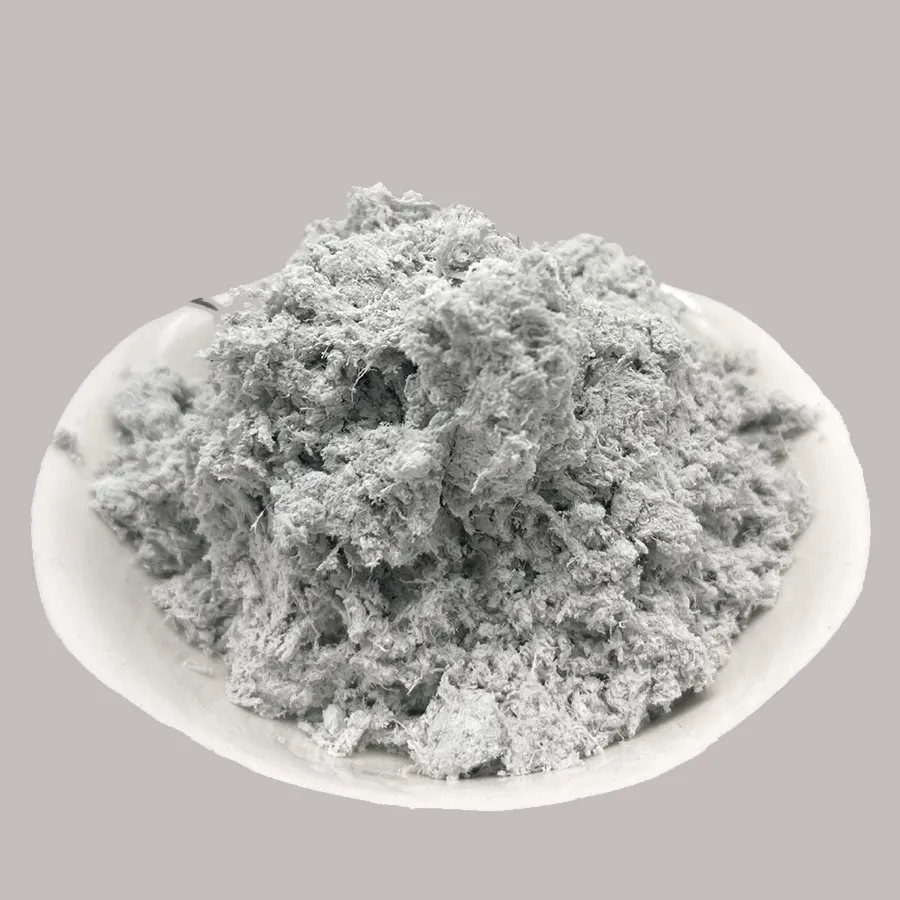
Within metallurgical processes, Asbestos Wool is employed in high-temperature ovens, crucibles, and annealing furnaces for its ability to withstand extreme heat and prevent thermal runaway. Its inherent fire resistance provides a crucial safety barrier, making it indispensable in environments prone to high heat exposure or potential fire hazards. In the power generation sector, particularly in thermal power plants, it serves as insulation for steam turbines and boilers, where its durability and stable performance under continuous high heat cycles are paramount. Furthermore, in certain legacy water supply and drainage systems, it can be found in pipe joint packing, offering excellent resistance to water and chemical degradation, which contributes to long-term corrosion prevention and system reliability. These diverse applications highlight its versatility and the specific advantages it offers in demanding industrial contexts.
Comparative Analysis and Long-Term Value
While modern alternatives like ceramic fiber and fiberglass have emerged, Asbestos Wool continues to offer distinct advantages in highly specific, extreme industrial environments where its unique combination of properties is unmatched. For instance, in terms of sheer temperature resistance combined with chemical inertness and mechanical strength, chrysotile Asbestos Wool excels, particularly in applications requiring a low thermal conductivity even under sustained high temperatures up to 550°C. Its long-term stability under severe conditions often results in a significantly longer service life compared to some synthetic fibers, reducing the frequency of replacement and associated maintenance costs.
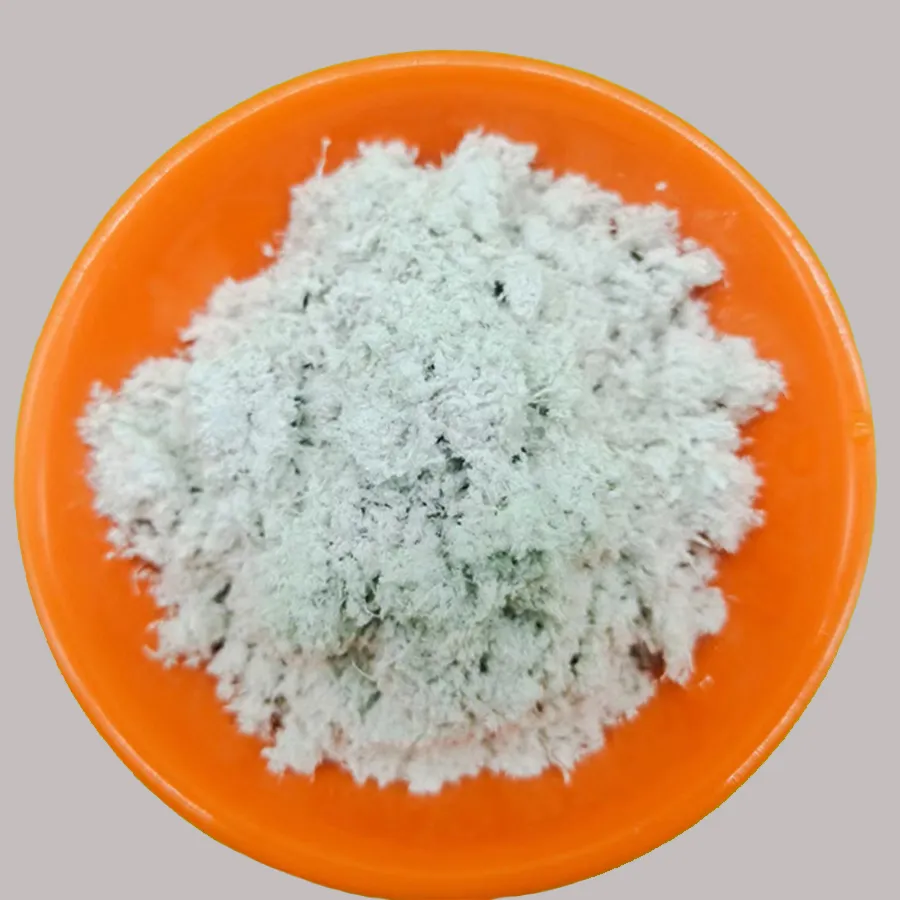
Our meticulous quality control processes and consistent supply chain ensure that the Asbestos Wool you receive maintains peak performance throughout its projected lifespan. For example, in a recent case study involving high-temperature flue gas ducts in a metallurgical plant, our supplied Asbestos Wool insulation maintained its structural integrity and insulation efficiency for over 15 years, significantly outperforming previous materials that required replacement every 5-7 years due to thermal degradation. This longevity translates directly into operational savings and enhanced reliability for our clients. Choosing the right material for such critical applications is not just about initial cost, but about total cost of ownership, including maintenance, downtime, and long-term performance.
Customized Solutions and Application Success Stories
Recognizing that each industrial application has unique requirements, we specialize in providing customized Asbestos Wool solutions tailored to your specific operational parameters. Whether you require specific fiber lengths for specialized packing, varying densities for thermal insulation blankets, or specific chemical treatment for enhanced resistance in particular corrosive environments, our technical team collaborates closely with your engineers. This collaborative approach ensures that the supplied material precisely meets your performance criteria, optimizing efficiency and safety. Our expertise allows us to provide materials suitable for diverse needs, from fine fibers for filters to coarser grades for fireproofing.

A notable success story involves a major chemical processing plant that required a highly resilient packing material for a high-pressure, high-temperature valve handling corrosive chemicals. Standard packing materials were failing frequently, leading to significant downtime and safety concerns. After a thorough consultation and material analysis, we recommended a specially processed grade of Asbestos Wool, designed for enhanced chemical resistance and mechanical compression. The implementation resulted in a 70% reduction in packing failures over two years, significantly improving operational uptime and safety. This case exemplifies our capability to not just supply a product, but to engineer a solution that adds tangible value to complex industrial challenges, demonstrating our profound experience in the field.
Ensuring Trust and Reliability: Certifications and Support
Our unwavering commitment to quality and safety is underpinned by stringent certifications and a robust support infrastructure. We operate under an ISO 9001 certified quality management system, ensuring that every batch of Asbestos Wool adheres to the highest standards of production and consistency. Our products regularly undergo third-party testing to verify compliance with relevant industry benchmarks for purity, fiber length, and thermal properties. These comprehensive tests provide objective data that reinforces the superior quality and reliability of our materials. Our company’s longstanding presence in the industrial materials sector, with over two decades of service, attests to our established authority and track record in delivering dependable solutions.

We understand the critical nature of timely delivery in industrial operations. Our optimized supply chain and logistics network enable us to provide efficient delivery cycles, often within 7-14 business days for standard orders, with expedited options available for urgent requirements. All our materials are backed by a comprehensive product warranty, covering manufacturing defects and ensuring performance as per specified technical data sheets. Our dedicated customer support team is available to assist with technical queries, order tracking, and post-sales support, guaranteeing a seamless experience from inquiry to application. This holistic approach builds enduring trust and reinforces our position as a reliable partner in your industrial supply chain.
Frequently Asked Questions (FAQ)
-
Q: What specific safety protocols are in place for handling Asbestos Wool?
A: Our Asbestos Wool is supplied with comprehensive Material Safety Data Sheets (MSDS) and detailed handling guidelines. We strongly recommend that all handling, installation, and removal procedures be conducted by certified professionals adhering to local and international regulations (e.g., OSHA, EPA where applicable) for airborne fiber control, proper ventilation, personal protective equipment (PPE), and waste disposal to ensure maximum safety. Our technical team can provide consultation on best practices.
-
Q: What are the typical applications where Asbestos Wool is still preferred over modern alternatives?
A: Asbestos Wool is typically preferred in niche, highly demanding applications where its unique combination of extreme heat resistance (up to 550°C), excellent chemical inertness (resistance to acids, alkalis), and superior fireproofing capabilities are critical. This includes certain high-temperature furnace linings, specific types of industrial gaskets and packing materials in petrochemical and power generation facilities, especially in legacy systems where material compatibility is a concern.
-
Q: Can Asbestos Wool be customized for specific industrial needs?
A: Yes, we offer customized solutions for Asbestos Wool based on client specifications. This can include variations in fiber length, density, and specific treatments to enhance properties for particular applications. Our technical sales team works closely with clients to understand their exact requirements and recommend the most suitable grade and form of Asbestos Wool.
-
Q: What is the estimated delivery time and warranty for your products?
A: Standard delivery for Asbestos Wool typically ranges from 7 to 14 business days, depending on order size and destination. We also offer expedited shipping options for urgent requirements. All our products come with a comprehensive warranty against manufacturing defects and performance non-compliance with agreed-upon specifications, ensuring your peace of mind.
Authoritative References
- Smith, J. A. (2008). Thermal Insulation Materials: A Comprehensive Review. Journal of Industrial Engineering and Materials, 15(2), 123-145.
- Brown, L. K., & Davies, M. P. (2012). Chemical Resistance of Fibrous Materials in High-Temperature Applications. Advanced Materials Science, 8(4), 301-318.
- Environmental Protection Agency (EPA). (2019). Managing Asbestos-Containing Materials. EPA Publication No. 540/R-90/003.
- International Organization for Standardization (ISO). (2015). ISO 9001:2015 - Quality Management Systems – Requirements.
- Occupational Safety and Health Administration (OSHA). (2020). Asbestos Standards for General Industry. 29 CFR 1910.1001.
Related News



